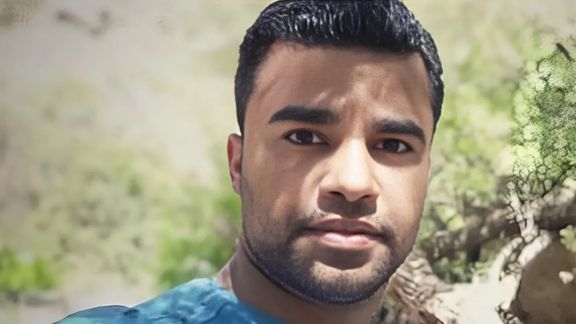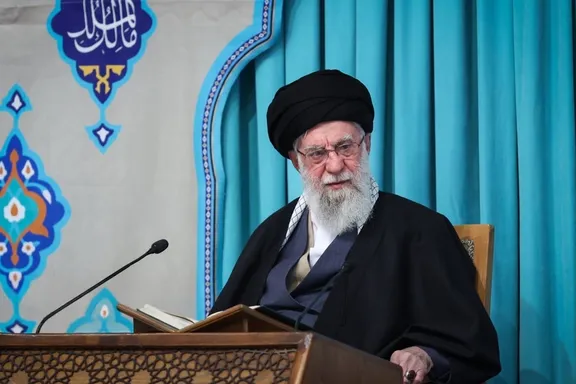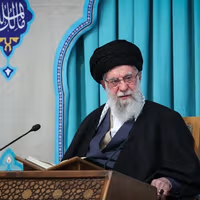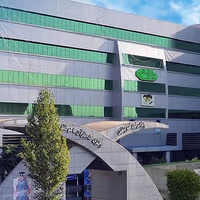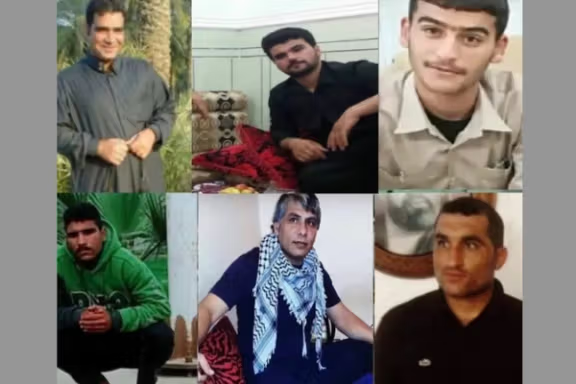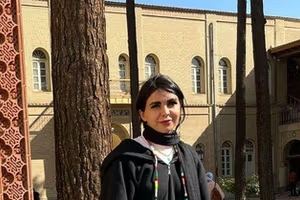Masoud Peyma, who has represented Qaneifard since 2017, said his client was arrested on March 28 after reporting to the Immigration and Customs Enforcement (ICE) office in Dallas to register a new address. Qaneifard had recently moved from California after accepting a teaching offer at a Dallas college, he said.
Instead of processing the address change, ICE detained him and sent him to a facility for undocumented migrants, according to Peyma.
Qaneifard is being held at the Prairieland Detention Center in Alvarado, Texas, which houses more than 700 people and has faced complaints of overcrowding and harsh conditions, US media have reported.
Between 2003 and 2012, he spent long periods in the United States on a student visa or making visits to the country, his lawyer added.
Previous arrest and failed deportation attempt
Peyma said Qaneifard first sought asylum in 2013 but left the United States before the case was resolved. He re-entered in 2017 via the Mexico border, applied for asylum, and was detained at an ICE facility in El Paso until July 2020.
During that detention, the US attempted to deport him through Azerbaijan in 2019, but Qaneifard refused to board a Tehran-bound plane, according to Peyma.
After his release, he lived in Washington and later in California under an “Order of Supervision,” which allowed him to remain in the country but required regular check-ins with ICE.
Peyma said Qaneifard has never married, has no record with the FBI, and has never been employed by US government agencies. He has supported himself in recent years through teaching, writing and giving interviews.
Risk of forced return
Peyma said ICE contacted Iran’s Interests Section in Washington six months ago, asking for travel papers to deport Qaneifard, but Tehran has yet to respond.
“The risk is real. If he is sent back, his life will be in danger,” Peyma said. “There is no reason for him to remain in detention after six months.”
The lawyer said Qaneifard’s case is being pursued on two tracks. “I have filed a petition in federal court in Texas for his release, given that more than six months have passed since his detention,” he said. “At the same time, a second lawyer has filed an appeal in the immigration court in Virginia with new documents to support his asylum claim.”
Peyma said Qaneifard’s earlier asylum request was rejected in 2018 for lack of evidence. “We hope the new materials on his recent political activities convince the appeals court that deportation would put his life at serious risk,” he said.
Other Iranians deported
The case comes after the United States deported a group of Iranians to Tehran in a chartered operation coordinated with Iranian authorities, the New York Times reported.
The paper said a US-chartered flight took off from a military airport in Louisiana, stopped in Puerto Rico to pick up more deportees, and then continued to Doha, Qatar, before passengers were transferred to another chartered plane to Tehran.
Iranian officials told the Times that ICE had initially said 120 people would be on the flight, but later notified them only 55 were on board, with the rest to follow. Many of those deported had spent months in US detention facilities with asylum claims rejected and accepted return because the alternative was deportation to third countries such as Sudan or Somalia, the Times said.
Immigration attorney Ali Herischi told Iran International that some deportees were political dissidents or Christian converts. He said they were shackled on flights, separated from their families, and their belongings and documents were handed to Iranian authorities. “That is very dangerous,” he said.
The New York Times reported the deportations followed months of talks between Washington and Tehran. US officials have not publicly confirmed the details.
